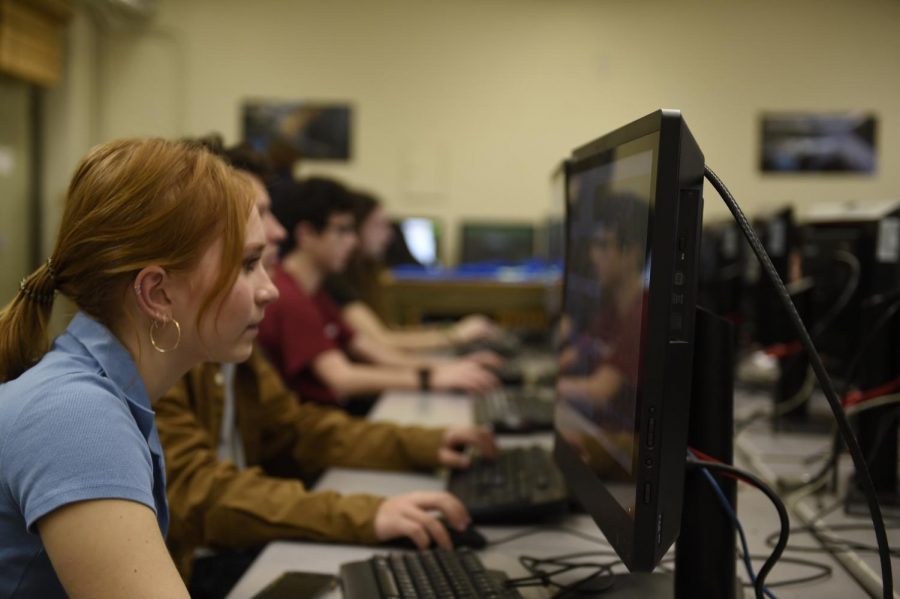New Youtube Policies May Change the Site For Good
Watching YouTube videos is a popular pastime of many Bronx Science students.
On September 20th, 2016, YouTube released a ninety-second video about their plans for a new protocol to their site – Youtube Heroes. As of the beginning of October 2016, the video has three-million views, with a total of 30,000 likes and 300,000 dislikes.
The concept of this new aspect of the site is that Heroes (who are anyone with a YouTube account) would do good deeds on Youtube in order to gain experience, which in turn would be used to level up and gain more privileges. At Level One, the level at which all users will begin, Heroes will be able to add subtitles to videos. At Level Three, Heroes earn the right to “super tools,” which allow them to mass-flag and mass-report multiple videos at once. The highest level is Level Five, in which the video claims Heroes will be able to “access top hero perks” and to “test new features before their release.”
Many people are concerned about this new program, and are worried that it might change the YouTube community for the worse. Popular content creators on the site, such as Philip DeFranco, have expressed their concerns about the program both on YouTube and on other social media platforms, and they have brought up many questions regarding the whole ordeal. Can anyone add subtitles, or do they have to be looked over by YouTube administration first? YouTube claims that they will review flagged videos before deleting them, but will they really take the time to do so?
In addition to the new Heroes program, YouTube also revised its guidelines and regulations. According to the revisions, any form of inappropriate language, violence, or controversial and sensitive subject matters will be considered “inappropriate.” If a video is considered inappropriate, then the video has a high possibility of being disapproved for monetization. This is extremely frustrating for content creators on YouTube, because YouTube serves as many creators’ only source of income, and if a video of theirs is not approved for monetization, they will not receive any money for it.
Multiple Bronx Science students maintain a channel on Youtube, and although their videos are not monetized, the new YouTube policies still affect them. One of these students, Alexandra Ang ’18, said, “I think the new policy really limits creativity and as an alternative, subscribers should just be more cautious of who they subscribe to.”
YouTube has been a major source of entertainment for Bronx Science students for years now, and continues to be so. George Lin ’17, says that he watches somewhere between three to four hours worth of YouTube videos a day. Another student, Alexander Kim ’18, said that he watches somewhere around forty-nine hours of YouTube a week. If YouTube were to go through with their new policies, there is a very high possibility that many people, Bronx Science students included, would not get new content that they would enjoy.
Many people are concerned about this new program, and are worried that it might change the YouTube community for the worse.
Victoria Levy is a Graphic Designer for ‘The Observatory.’ Outside of school, she enjoys playing ultimate frisbee and also likes to write -- screenplays,...
Jackson Trauben is a Photo Editor and Chief Photographer for ‘The Observatory.’ An avid reader and artist, Jackson loves using photography as a lens...

